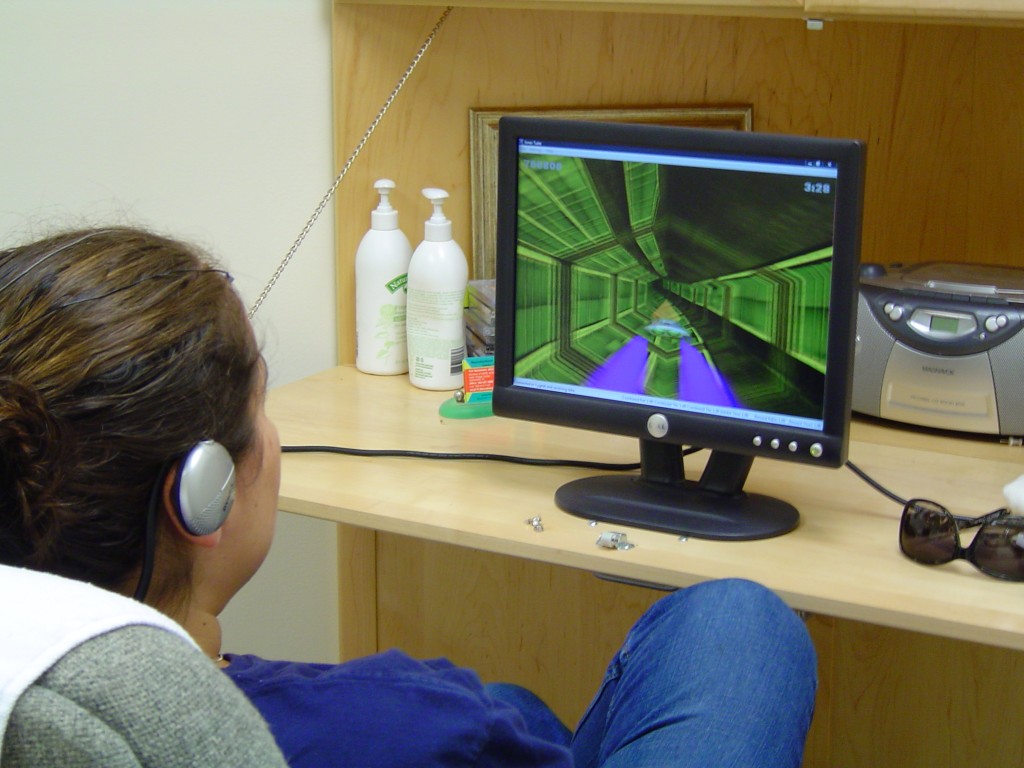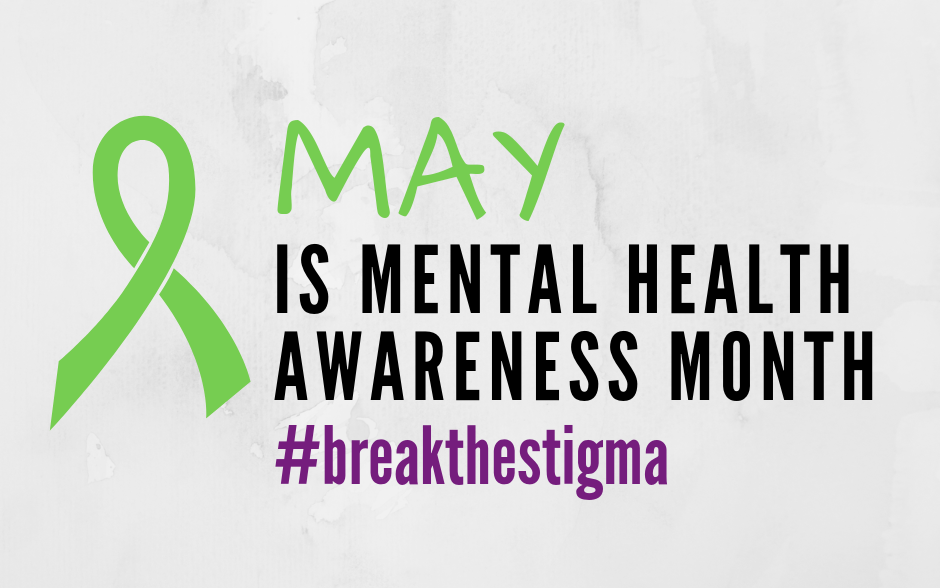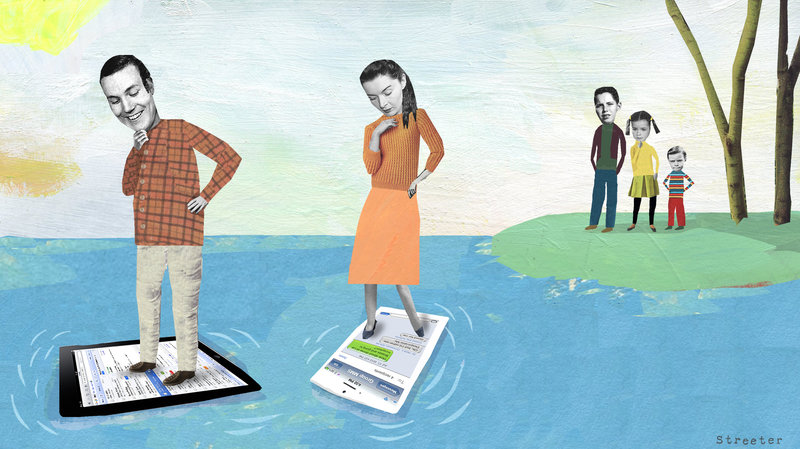In a recent article in Counseling Today Magazine, published by the American Counseling Association, states: “(Complicated clients) brainwave electrical activity and physiological functions such as heart rate, breathing, muscle tension and hormone regulation are severely imbalanced or dysregulated. To benefit from counseling, their healthy brainwave activity and body regulation must first be improved. This can be done through neurocounseling, which may include lifestyle changes in diet, sleep and exercise; reduced screen time; the use of brain-based supplements such as omega-3, D3 or melatonin; biofeedback to improve breathing, muscle tension or blood flow; and neurofeedback to restore the brain’s healthy neurological activity.” Read the full article here: https://www.counseling.org/publications/counseling-today-magazine/ct/blog/2025/02/11/9-future-trends-in-neuroscience-informed-counseling?utm_source=informz&utm_medium=email&utm_campaign=newsletter_counselinginsider_02202025&_zs=Xb1NG1&_zl=F4Xh7. #neurofeedback #counseling #neurocounseling
-
Recent Posts
Pages
 More about the Brain
More about the BrainRecent Comments




